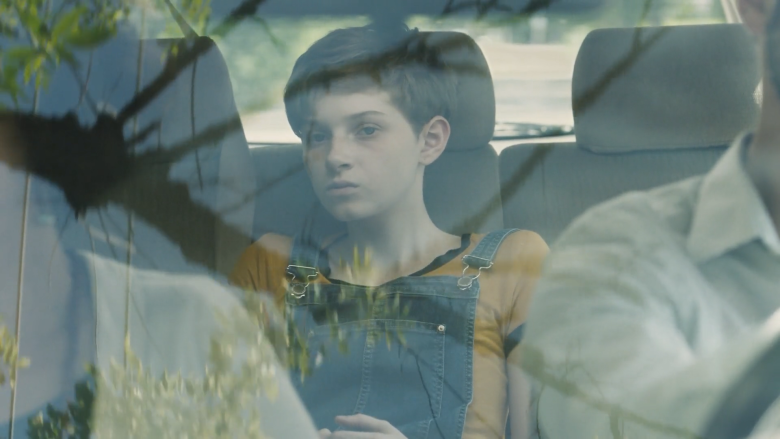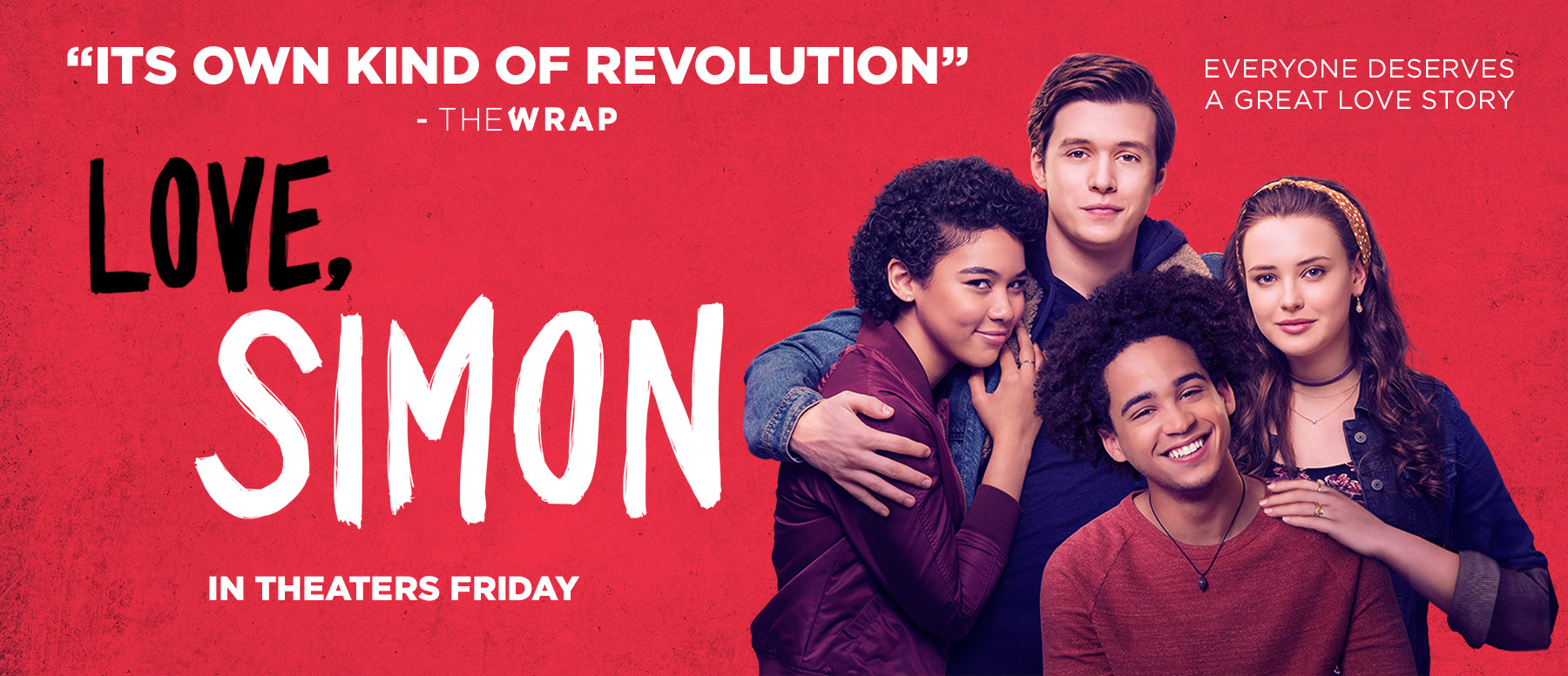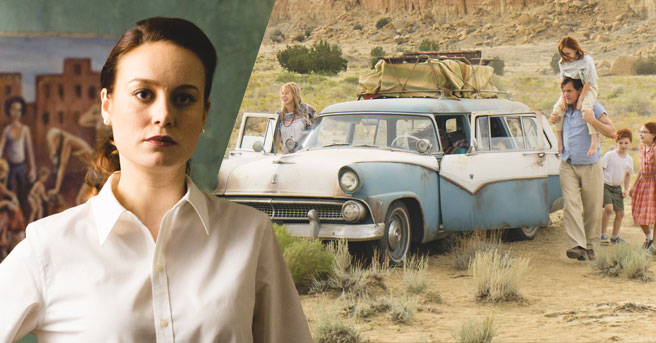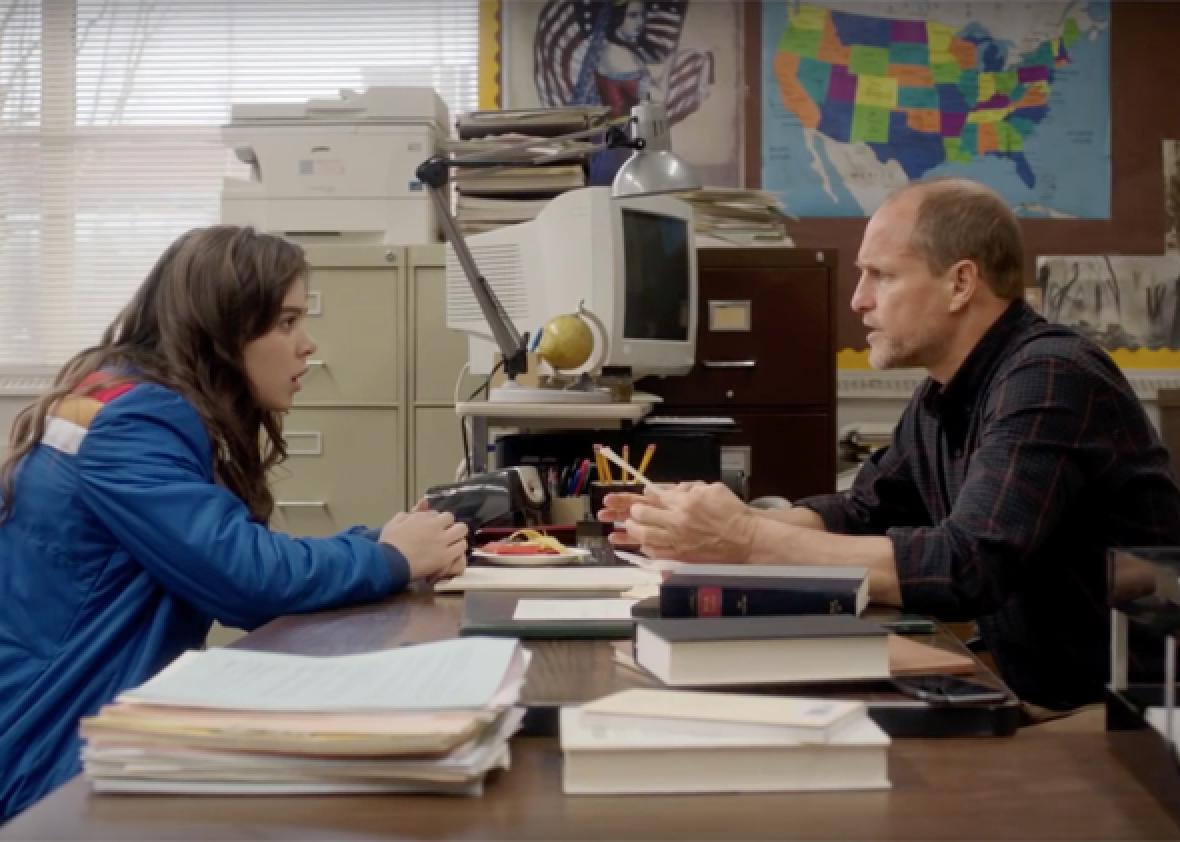They
Posted on April 23, 2018 at 6:57 pm
B +| Lowest Recommended Age: | High School |
| MPAA Rating: | Not rated |
| Profanity: | Mild language |
| Alcohol/ Drugs: | Alcohol |
| Violence/ Scariness: | Issues of non-gender-conforming adolescence |
| Diversity Issues: | A theme of the movie (gender and ethnicity) |
| Date Released to Theaters: | April 23, 2018 |
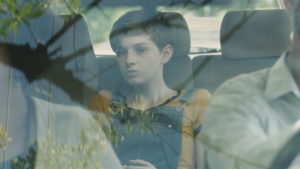
Trans kids generally know who they are, even when they are very young. They don’t tell their families they want to be a gender different from their body parts. They say they are that gender, and it is usually their families who have to reframe their understanding of the boy or girl they thought they had. Even the most certain of children and the most understanding and supportive of families face a wrenching challenge as the child approaches adolescence. Do you block puberty with medication to preserve the child’s choices about gender until age 18? Secondary sex characteristics for the wrong gender can be intensely traumatic. But the medication can have side effects.
“They” and “their” are the preferred pronouns for the lead character, known just as J, and played by a trans actor named Rhys Fehrenbacher. J is a young teenager who is having an adverse reaction to the puberty blockers and has to decide what to do. J’s parents are away caring for another family member, their return home delayed, and J’s brisk but not uncaring sister Lauren (Nicole Coffineau) and her Iranian boyfriend, Araz (Koohyar Hosseini) have come to stay with J until their parents return.
Writer/director Anahita Ghazvinizadeh gives the film a lyrical, meditative quality. J’s parents, sister, Araz, and doctor are all understanding and supportive, if distracted. They are all so accepting that no one seems to think J might need to talk about the momentous decisions they are confronting.
We see J reciting Elizabeth Bishop’s poem, The Mountain:
I do not mean to complain.
They say it is my fault.
Nobody tells me anything.
Tell me how old I am.The deepest demarcations
can slowly spread and fade
like any blue tattoo.
I do not know my age.
We see many moments in nature, as though to locate J’s transitions within the context of the natural world. Lauren and Araz are both preoccupied with their own personal and professional liminal challenges as well. There is also a long, seemingly improvised section that takes place in the home of one of Araz’s relatives, with Lauren and J at a large family party. Throughout, it almost seems as though we are eavesdropping on bits and pieces of the J’s world.
That is not always successful, and some of the choices are heavy-handed. But thankfully, it is not didactic or preachy. J may not know what they want, but Ghazvinizadeh has confidence that they will make the right choice, and trusts us to root for them.
Parents should know that this movie deals obliquely but frankly with issues of non-binary gender.
Family discussion: How do the boys with the bicycle feel about J? What should J do?
If you like this, try: the “I am Jazz” series on television

